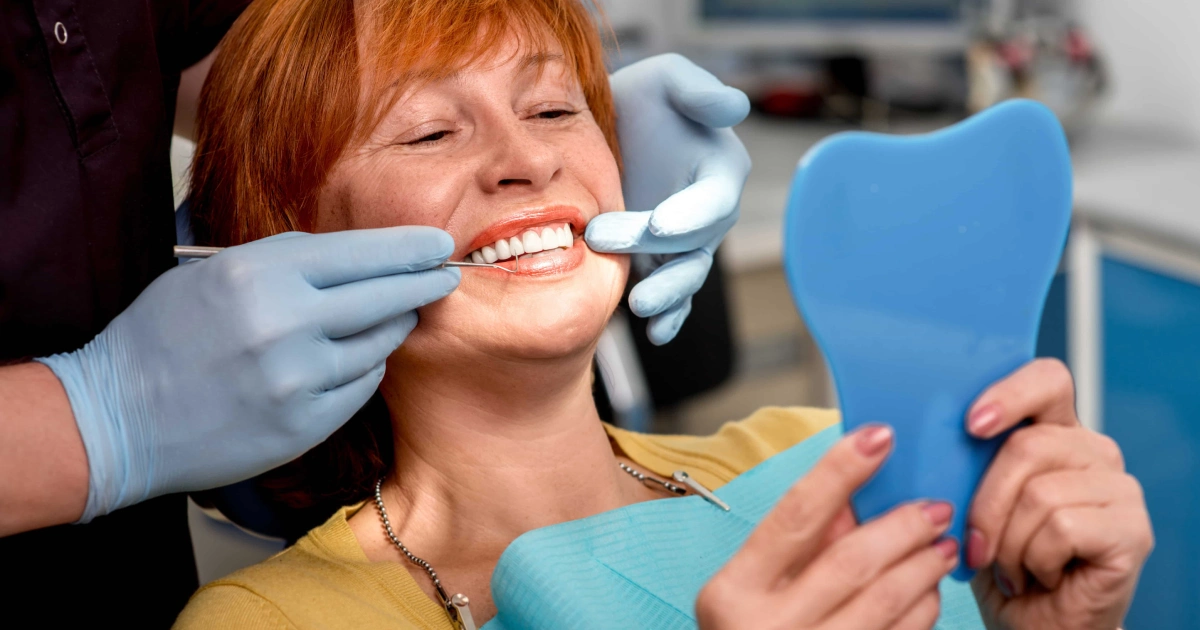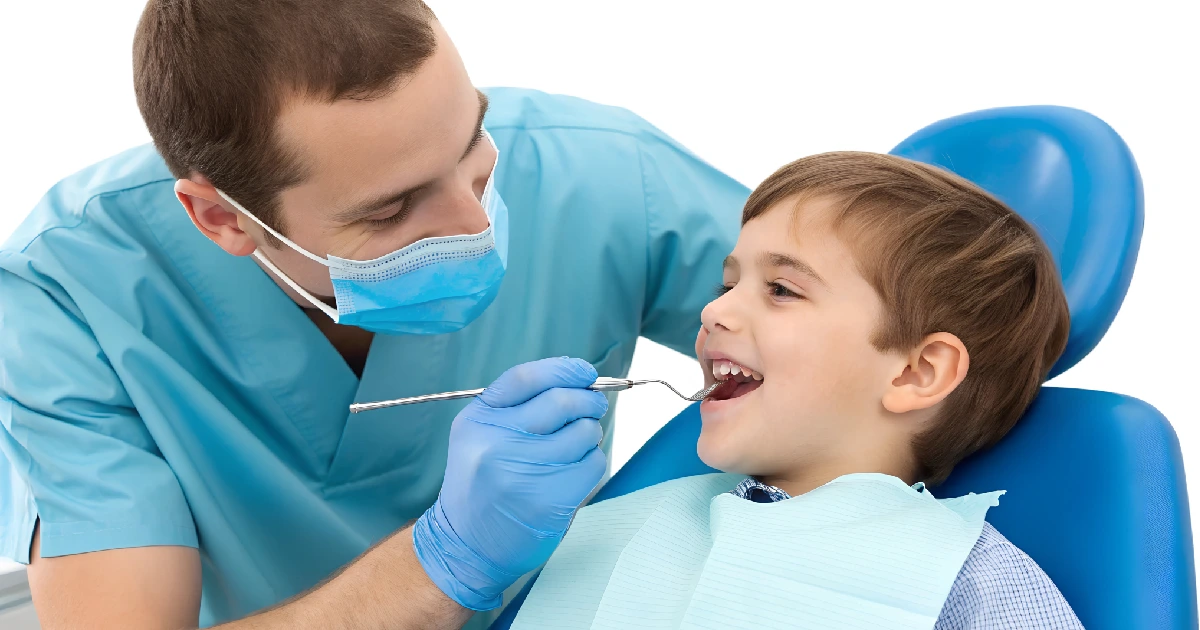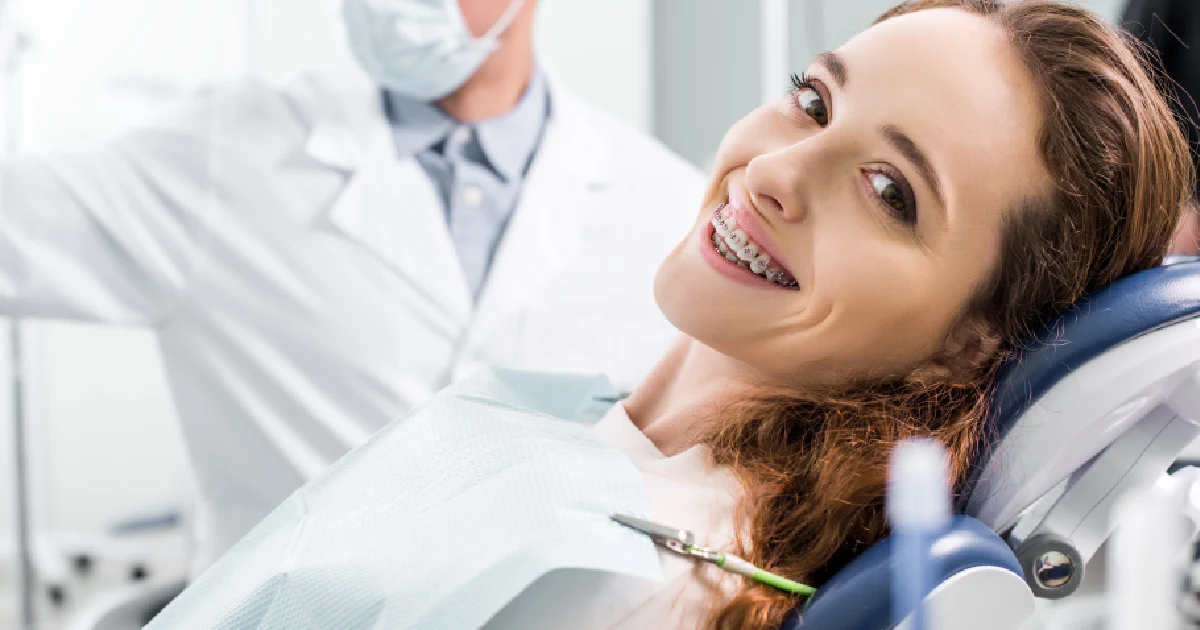Orthodontics is a branch of dentistry that aligns the teeth and jaws to a correct position. Misaligned teeth that do not fit together in a proper position are harder to clean and are at risk of getting affected from tooth decay, gum disease and can also cause TMJ syndrome and headaches due to extra stress on chewing muscles.
Orthodontic treatment can provide you with a more pleasing smile, a healthier mouth and teeth that can last for a lifetime. A dental specialist in this field is known as an orthodontist, who receives two or more years of education in addition to the regular dental school.
Are you a candidate for orthodontics?
Only your dentist or orthodontist can decide whether you need orthodontic treatment. Based on the examination which includes full medical and dental health history, special x-rays and other diagnostic checkups will help the dentist or orthodontist determine whether orthodontics will benefit you.
If you have any of the following disorder you may be a probable candidate for orthodontics:
- Overbite or buck teeth: where the upper front teeth stretch out forward over the lower teeth
- Underbite: where the upper teeth are too far back or the lower teeth are too far forward. It is sometimes called a bulldog appearance
- Crossbite: when the upper teeth are not slightly in front of the lower teeth when biting together normally
- Open bite: when there is some space between the biting surfaces of the teeth when biting together
- Crowding: when there are too many teeth for the dental ridge to accommodate, teeth get crowded and misaligned
How does orthodontic treatment help you?
There are various appliances which can be used to help move the teeth to the desired position. Both removable and fixed appliances are used to align the teeth by applying constant pressure on the teeth and jaws. The complexity of the problem will decide which orthodontic treatment is likely to be more effective.







